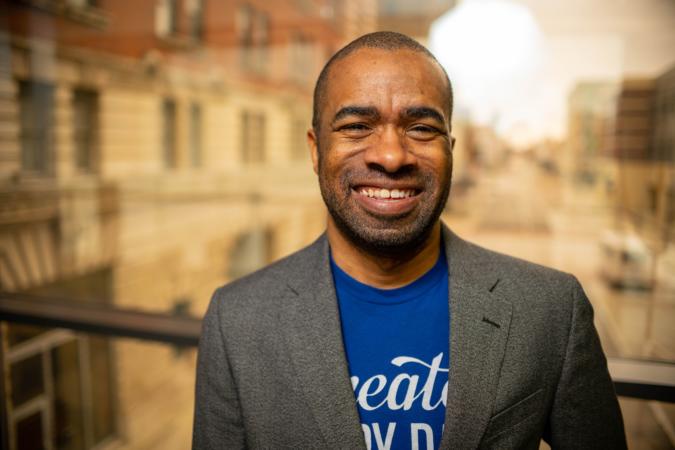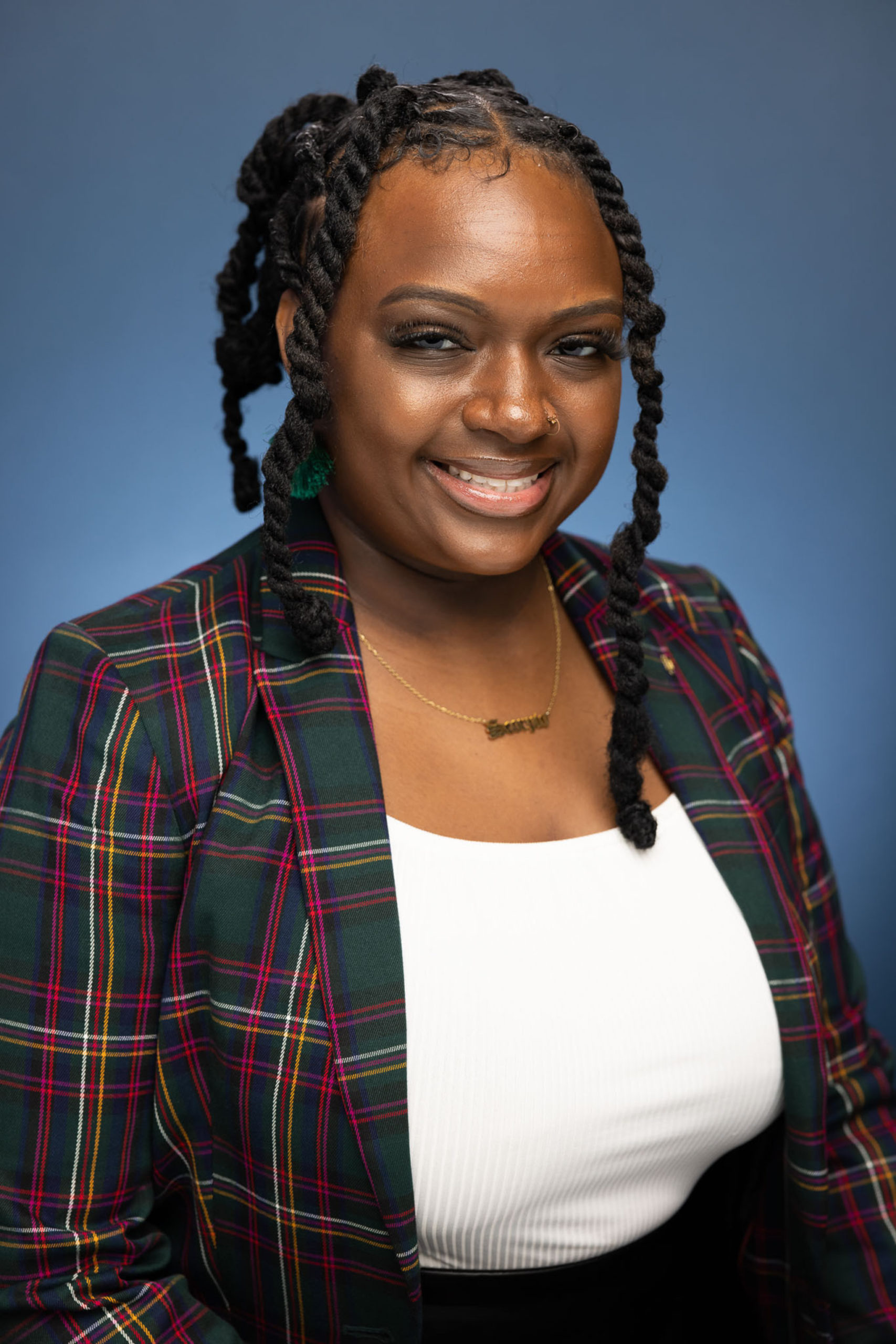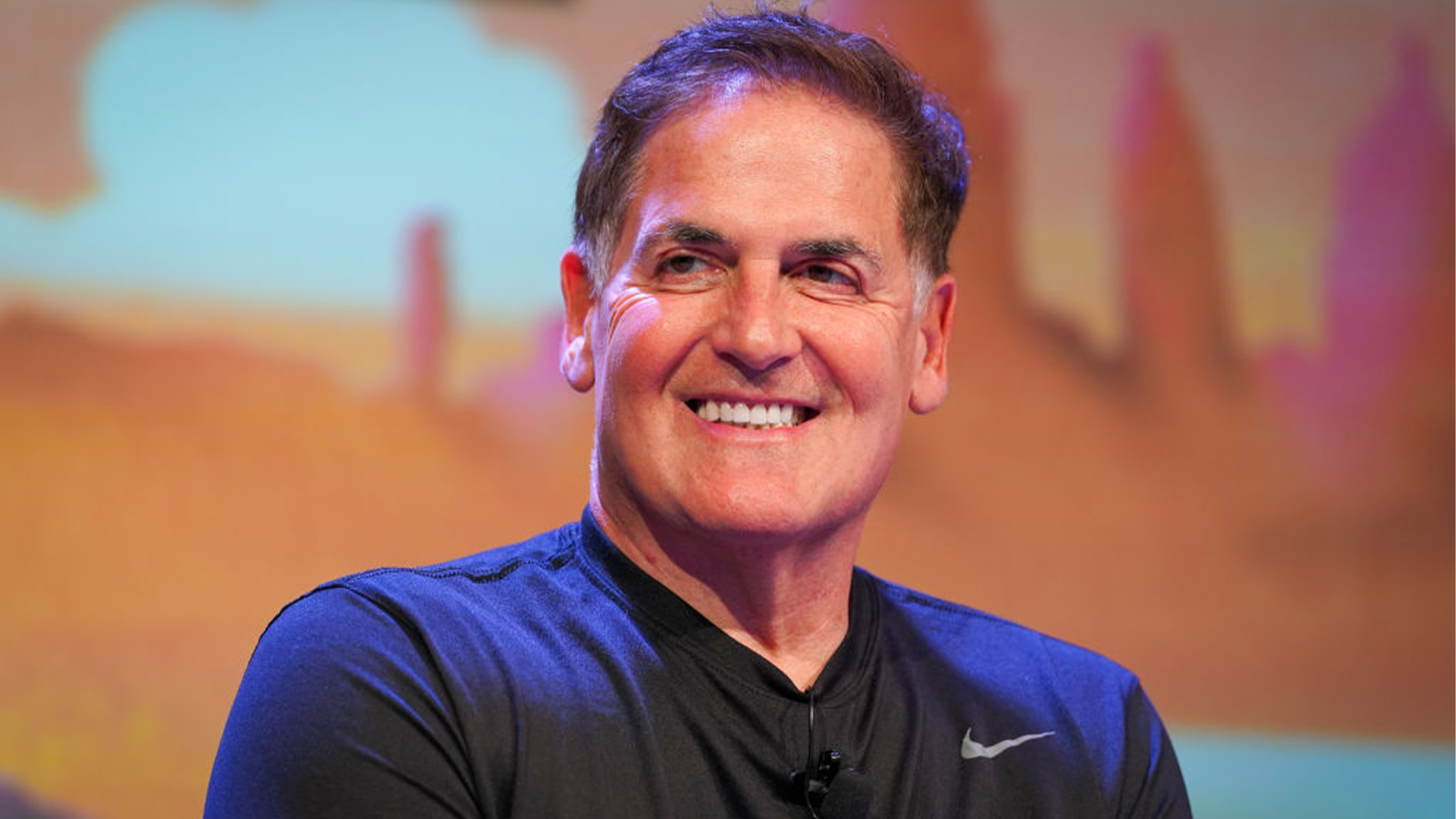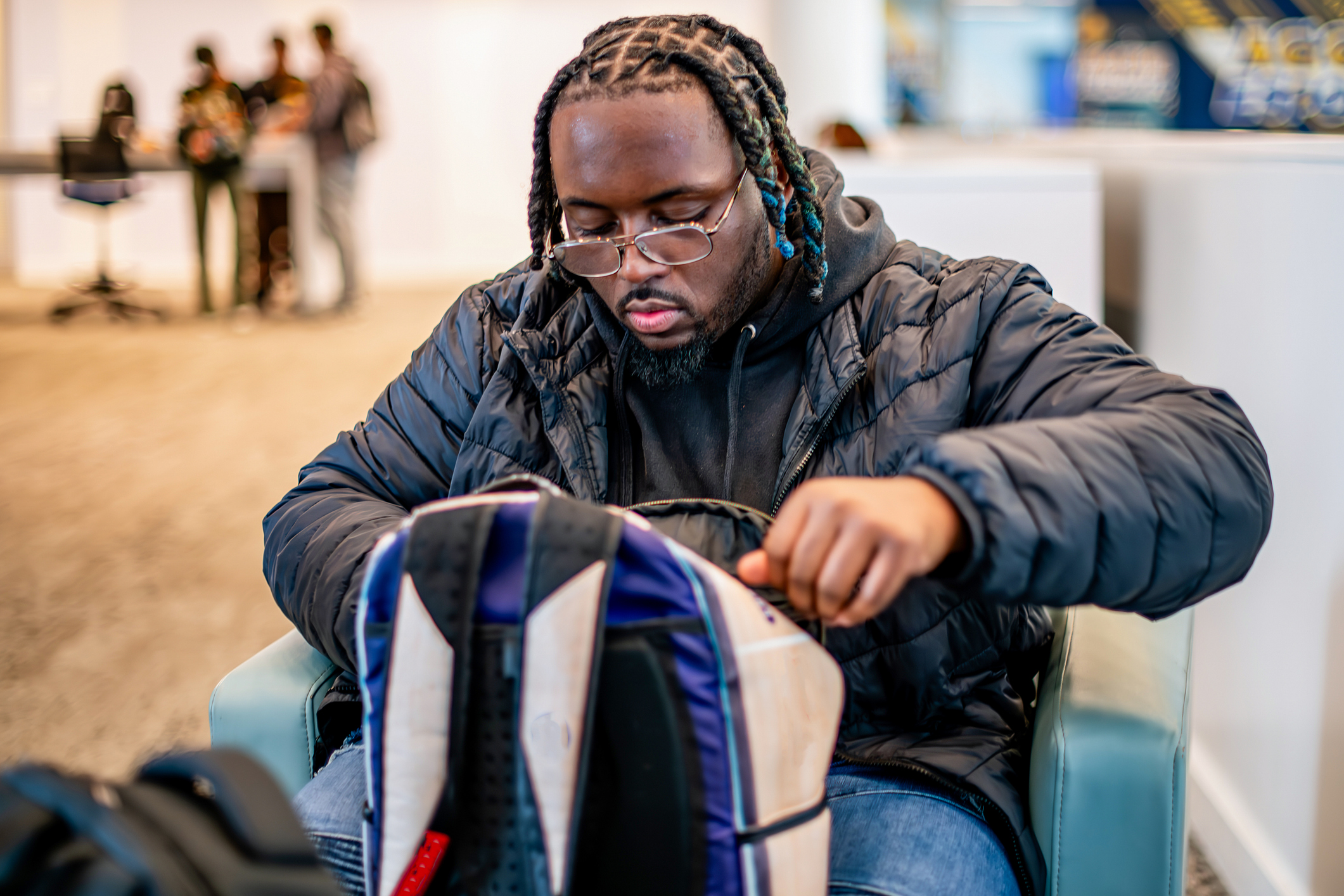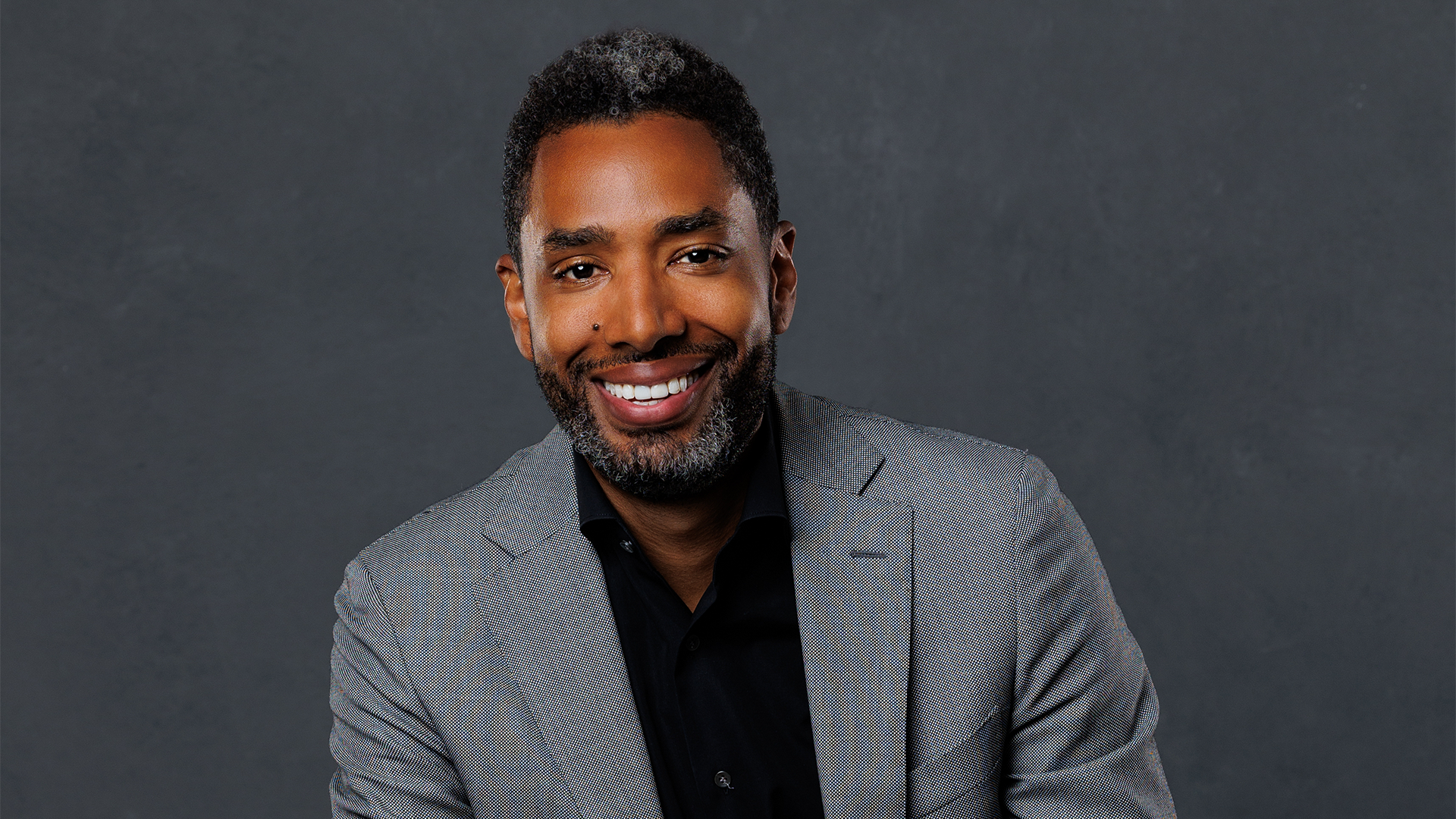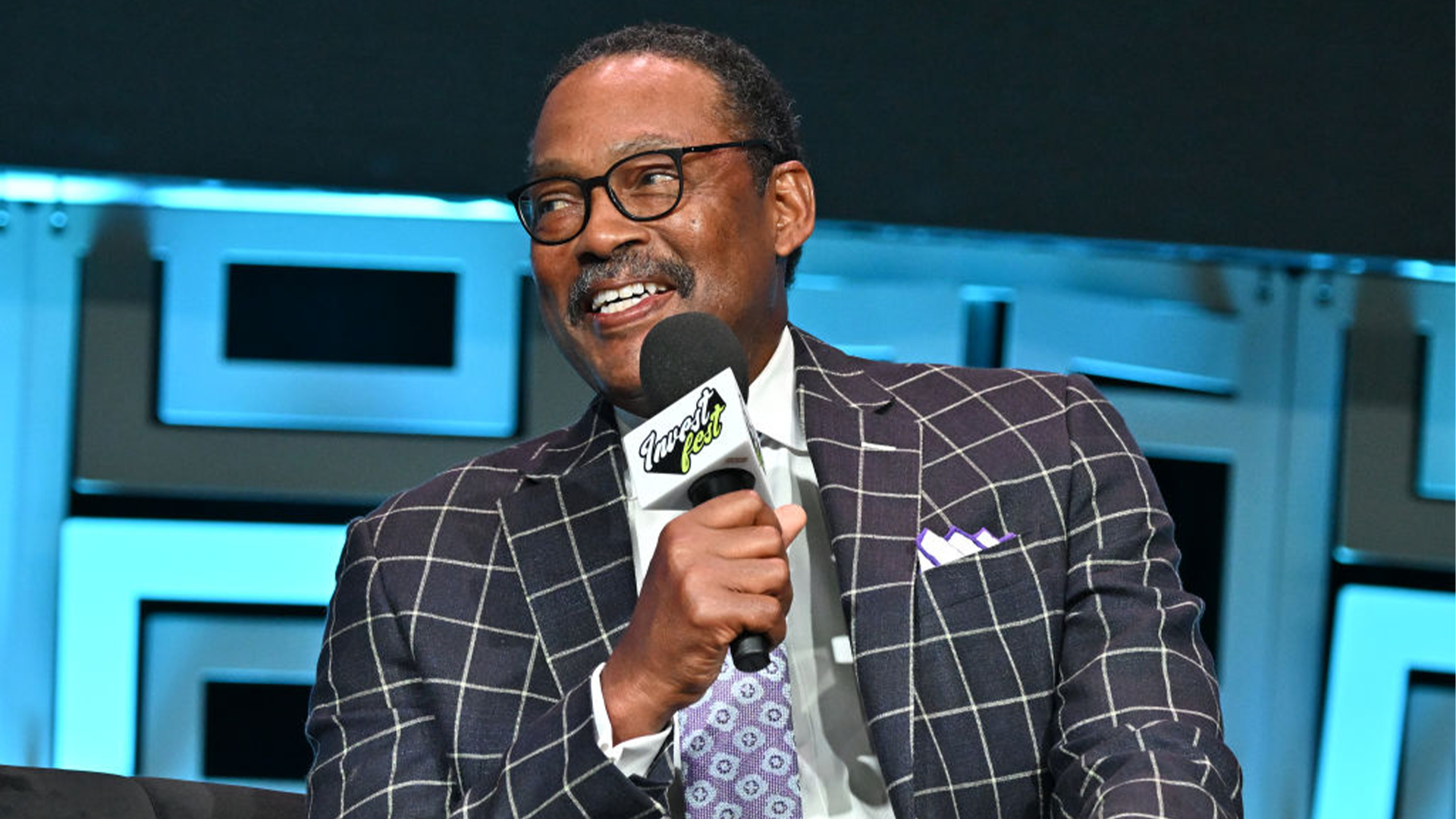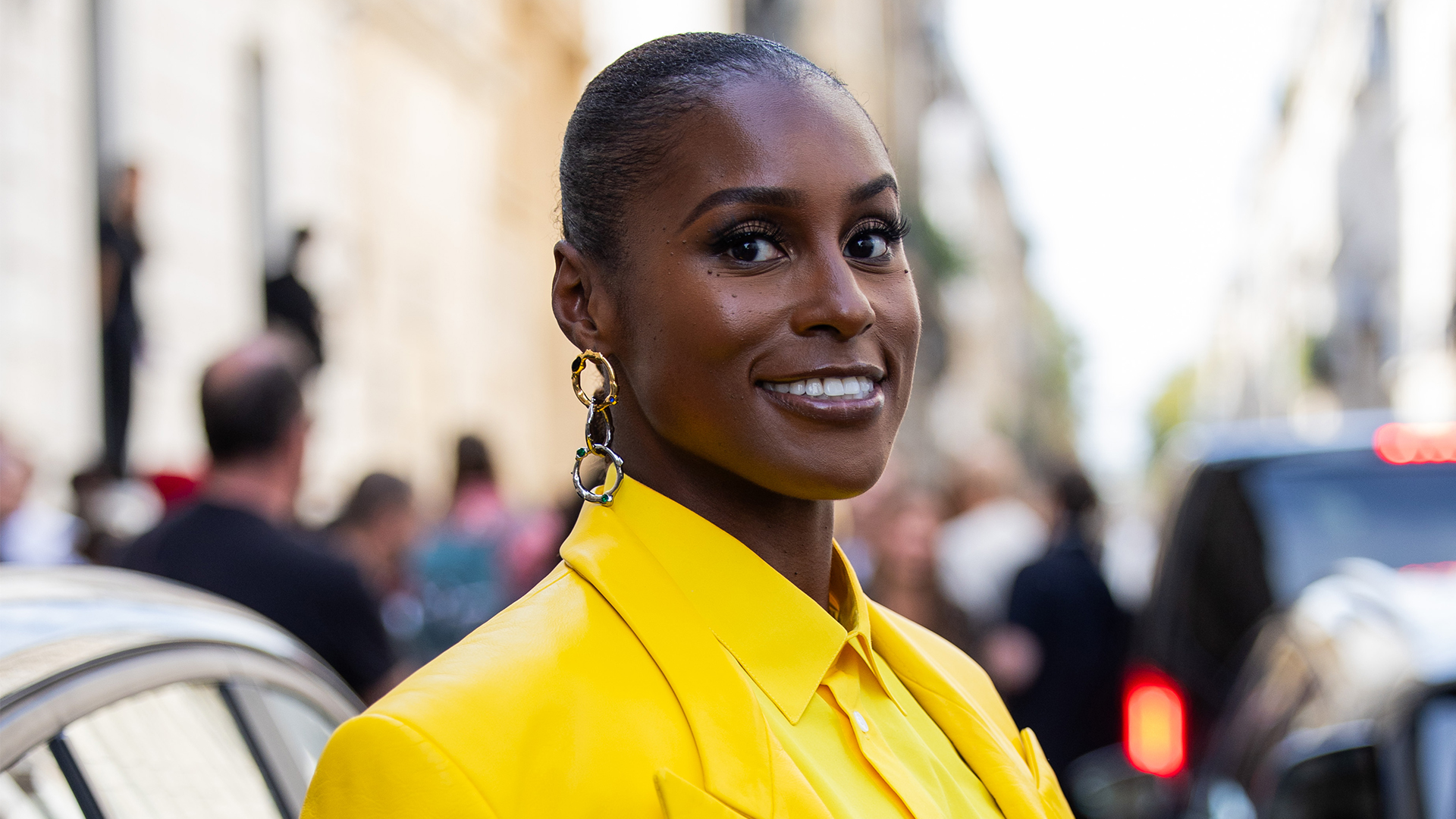You already have everything that you need to be successful!
Damon Brown is a self-made entrepreneur on a mission to help people use the resources that they already have in order to build the life of their dreams.
In his new book, “Build From Now: How to Know Your Power, See Your Abundance & Nourish the World,” Brown helps others choose their fate by taking more of an intentional approach than the average self-help book.
Brown sat down with AfroTech to chat about his intention behind his latest book, how to utilize the resources that you already have, and even gives us a sneak peek through an excerpt from the book available now at buildfromnow.com.
AfroTech: Describe Damon Brown in three words.
Brown: Hmm. I would say that personally, I’m intense, intimate, and relationship-oriented which is also reflected in who I am as an entrepreneur. I always say that when people found companies, their DNA is in the company.
AfroTech: Tell us what you mean by “how to know your power, see your abundance, and nourish the world,” within your book’s subtitle.
Brown: I really wanted to create a community and a dialogue that can’t be mass-produced and goes for depth rather than superficiality.
Knowing your power means that you know and understand the systemic oppressions that may have happened that were established well before you were born. This can be racial, financial, etc. It means that because people created those systems, you can adapt them — they can be changed through your power. Seeing your abundance is having gratitude for where you are now. That’s why I chose the title, ‘Build From Now.’
My book isn’t about, how you need to be fixed. My book is about seeing your abundance and knowing that the resources you have are enough. You just need to have a different framework to take advantage of those resources.
Nourish the world means that whatever you’re doing is not meant to be a selfish act. If you come from a place of nourishing the world, you really think about your objectives differently.
AfroTech: Those are some major keys! Tell us how we can tap into those resources.
Brown: Absolutely. So the book is split into two halves. The first half is called an outside job and this deals with the systemic things that I previously mentioned — factors that are frankly out of our control.
The second half of the book focuses on the inside job and deals with the systems that we have within — something we do have control over.
If we get more control over our inside job, we do a better job of transforming the outside. This is the intention of the book.
In the book, I describe how we all have F.A.T.E which stands for focus, agility, time, and energy.
Readers can even go to the website to take a quiz that will help them pinpoint which of the resources they can use to the best of their advantage to achieve their goals.
AfroTech: We can’t wait to take that quiz! Do you mind if we get an excerpt from the book?
Brown: Yes, this comes from the chapter ‘SALMON.’
—

We believe our personal GPS is broken. We don’t trust it anymore.
We think we’re asking for too much, when we have hardly been compensated enough. We feel like we’re being extra or unreasonable fighting for basic rights when others don’t have to validate their existence at all. We feel like we just need to work harder when we see others moving forward faster seemingly with ease.
We often move against our instincts even when, especially when, the world itself is upside down.
Women have been labeled naturally giving and self-sacrificing. This so-called compliment sets the expectation that they should be happy to put themselves last, not have their needs fulfilled, and accept having their credit taken for brilliant ideas. It isn’t a mistake: white women still make 78 cents on the dollar compared to white men in the same job, and black and brown women are closer to half a dollar to that same dollar. That resource tax is passed on to the very corporations that employ them. Literally pennies paid on the dollar.
The LGBTQ community may get married but doesn’t have the right to have anal sex in many states, even if it may be a part of adult intimacy. Black people may legally have a gun permit, but will still get shot by the police for having a firearm, as Minnesotan Philando Castile was in front of his young daughter in 2016.
We are traveling upstream. Even when we lean in, even when we follow the rules, even when we are being a “good citizen.” Even when we are told and believe that we’ll do better when we do better.
We are traveling upstream simply based on who we are.
The secret is we may be more prepared to nourish the world than the dominating voices.
You are ready for a more equitable world. This has all been training for you to usher it in.
“We have to look at it with the mindset that we’re equal. Shit, we’re not only equal, but we had to live at the bottom. There are parts of us that are superior because we’ve had to live underwater damn near and we can hold our breath longer than you,” comedian Chris Rock said on The Daily Show.
I come from a long line of hustlers. My father as well as my stepfather (whom I call Pop) are freelancers and entrepreneurs, as is my closest uncle. My Pop’s dad was an entrepreneur, too. But my grandfather never subscribed to Inc. Magazine, my father never sat me down to talk independence, nor did my stepfather say he was an entrepreneur. As I share in Bring Your Worth, “Not one of my African-American predecessors called themselves an entrepreneur. I don’t recall ever hearing it come out of my family’s mouth.” No, my grandfather, born in North Carolina in the thirties, began opening his own speakeasies likely because he and his people weren’t comfortable, or even welcome, in the white bars. My father became an independent artist after he realized corporations would steal his ideas while simultaneously downplaying his contribution in ways not seen with his counterparts. My Pop launched his own mortgage company when he accepted that his white partners would never share equity-based on his work.
They discovered the resource tax – the bifurcated focus between who they were and how they were perceived, the adapting from their cultural needs to conforming just to operate in mainstream white America, the time spent building their own insights and proving why it matters to those in charge, and the energy being true to their vision while being blocked from expressing it. It was an additional layer of friction, a resource tax they ponied up as soon as they showed up as themselves.
And, one day, they decided to stop paying it.
The cost was conditional relationships, perceived security, and stable money. The reward was freedom.
— Excerpted from “Build From Now: How to Know Your Power, See Your Abundance & Nourish the World.”
